In this episode of Cultures from Hell, Lars and Paulina explore the often daunting topic of honest feedback in the workplace. They discuss the seasonal changes affecting mood and productivity, the importance of candid communication, and how to overcome the fear associated with giving and receiving feedback. The conversation delves into the myths surrounding feedback, the role of radical candor, and practical frameworks for delivering constructive criticism. They emphasize the need for a safe environment to foster trust and growth, sharing personal anecdotes and insights on how to create a culture that values honest dialogue.
Culture Code Foundation https://www.culturecodefoundation.com/
Paulina on LinkedIn https://www.linkedin.com/in/ccf-paulina-von-mirbach-benz/
Paulina on Instagram https://www.instagram.com/sceptical_paulina/
Lars on LinkedIn https://www.linkedin.com/in/larsnielsenorg/
Lars on Instagram https://www.instagram.com/larsnielsen_cph/
Takeaways
✅Honest feedback is essential for growth and trust.
✅Vague feedback is a form of false kindness.
✅Creating a safe environment is crucial for effective feedback.
✅Radical candor can transform workplace communication.
✅Feedback should focus on behavior, not personality.
✅Curiosity enhances the feedback process.
✅Regular feedback prevents ingrained bad habits.
✅Feedback should be a part of daily interactions.
✅The intention behind feedback matters significantly.
✅Learning from feedback mistakes is vital for improvement.
Chapters
00:00 Embracing Seasonal Changes
03:05 The Importance of Honest Feedback
06:03 Overcoming the Fear of Feedback
08:54 The Impact of Feedback on Trust
11:51 Myths and Misconceptions about Feedback
15:01 Creating a Safe Feedback Environment
18:02 Practical Frameworks for Feedback Conversations
21:12 Radical Candor in Practice
24:13 Building a Culture of Trust
26:54 Learning from Feedback Mistakes
29:53 The Role of Vulnerability in Feedback
32:59 Final Thoughts on Feedback and Growth
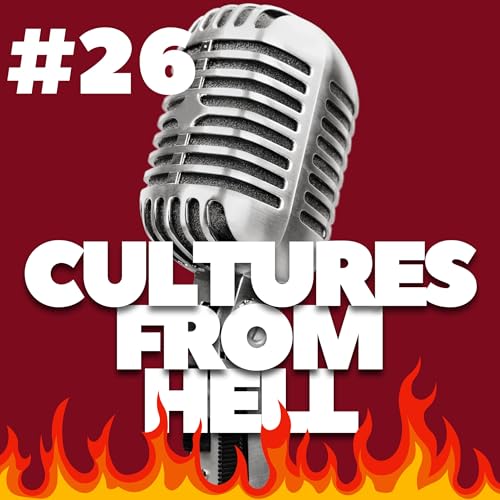 44 mins
44 mins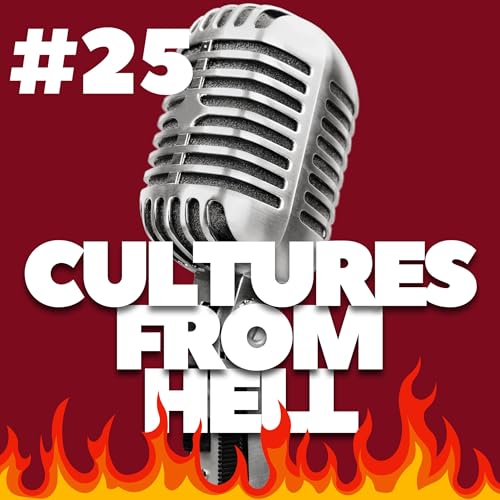 38 mins
38 mins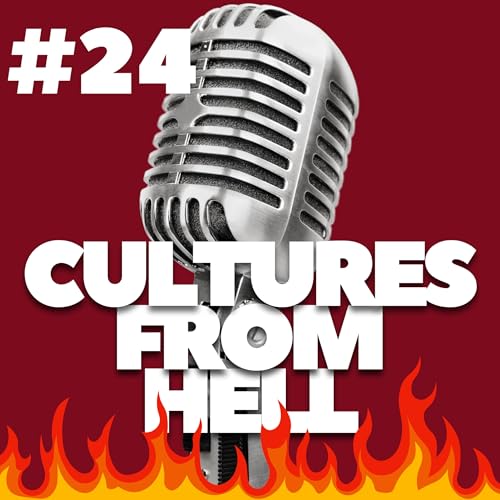 46 mins
46 mins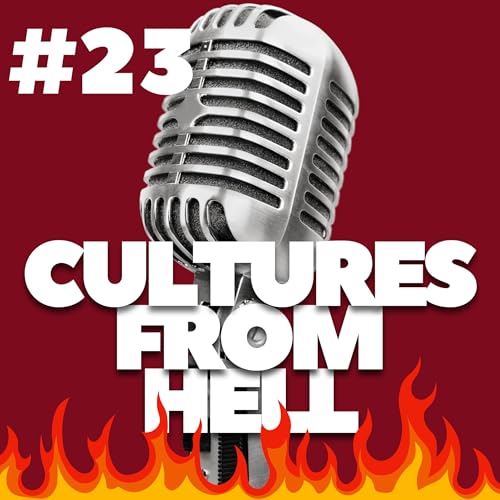 41 mins
41 mins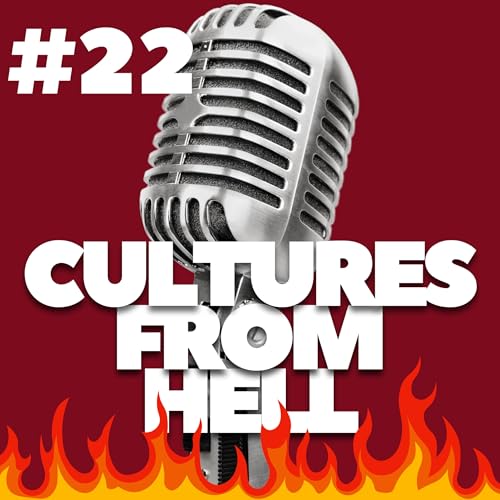 43 mins
43 mins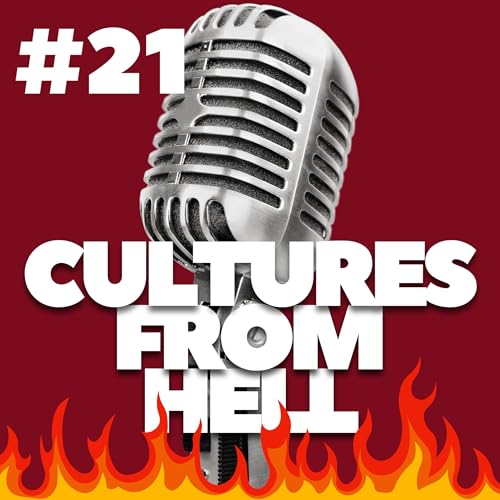 37 mins
37 mins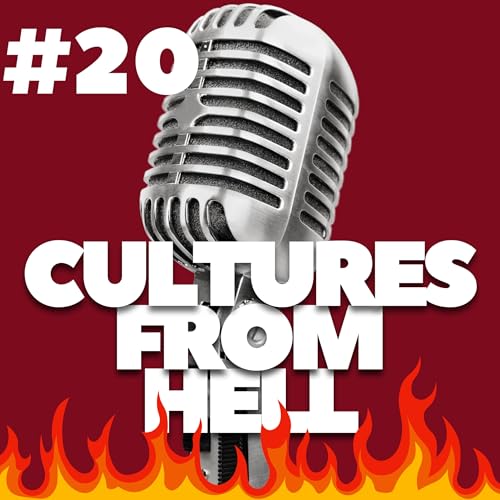 31 mins
31 mins Jul 22 202546 mins
Jul 22 202546 mins
